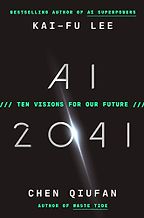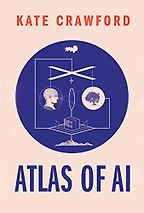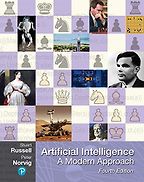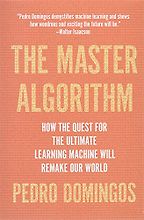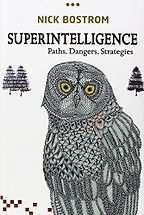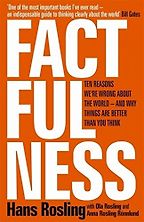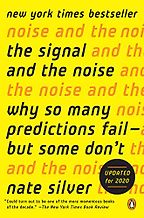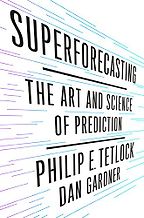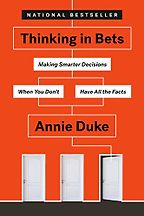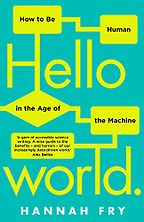Interviewer
Juliet Frost
Interviews by Juliet Frost
-

1
AI 2041: Ten Visions for Our Future
by Chen Qiufan & Kai-Fu Lee -

2
Atlas of AI: Power, Politics, and the Planetary Costs of Artificial Intelligence
by Kate Crawford -

3
Artificial Intelligence: A Modern Approach
by Peter Norvig & Stuart Russell -

4
The Master Algorithm: How the Quest for the Ultimate Learning Machine Will Remake Our World
by Pedro Domingos -

5
Superintelligence: Paths, Dangers, Strategies
by Nick Bostrom
The best books on Artificial Intelligence, recommended by ChatGPT
The best books on Artificial Intelligence, recommended by ChatGPT
Normally at Five Books we ask experts to recommend the best books in their field and talk to us about them in an interview, either in person, by phone or via Zoom. In January 2023, we asked the AI bot, ChatGPT, to recommend books to us on the topic of AI. Being an AI doesn’t necessarily make the chatbot an expert on AI books, but we thought it might have some ideas. This week we caught up with ChatGPT to find out if there were any new AI books it wanted to recommend in the year since we spoke.
-

1
Factfulness: Ten Reasons We're Wrong About The World — And Why Things Are Better Than You Think
by Hans Rosling -

2
The Signal and the Noise
by Nate Silver -

3
Superforecasting: The Art and Science of Prediction
by Dan Gardner & Philip E Tetlock -

4
Thinking in Bets: Making Smarter Decisions When You Don't Have All the Facts
by Annie Duke -

5
Hello World: How to Be Human in the Age of the Machine
by Hannah Fry
The best books on Using Data to Understand the World, recommended by Edouard Mathieu
The best books on Using Data to Understand the World, recommended by Edouard Mathieu
Even as more and more data becomes available, many of us have a view of the world that doesn’t correspond to reality. On probabilities in particular, people tend to be completely clueless. Here Edouard Mathieu, Head of Data at Oxford-based research group Our World in Data, recommends books to help readers not only use data to better understand the world, but also make better decisions in daily life.
